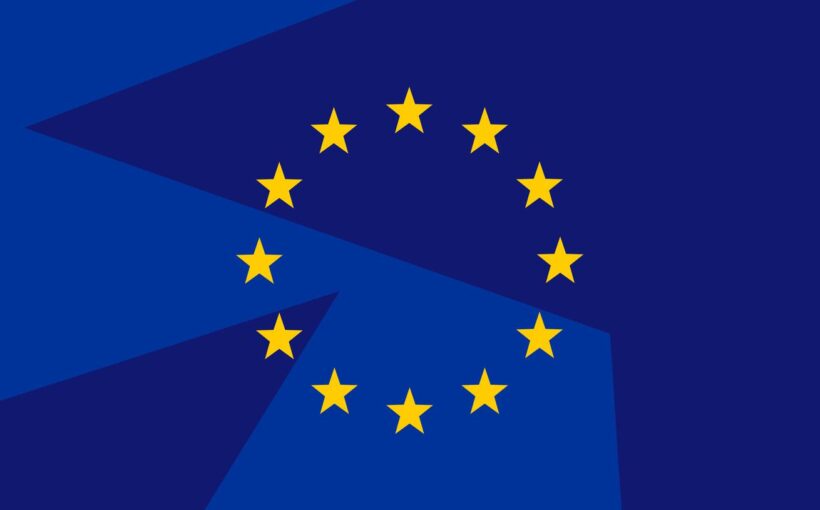Journalists are accusing North Macedonia’s ruling party and opposition of banding together to restrict press freedom, ahead of an election in the Balkan country.
The country’s parliament in February approved changes to the law with the support of 78 out of 120 lawmakers, lifting the ban on government and municipal advertising on the TV and radio, which President Stevo Pendarovski signed into law in March.
The same Social Democrat government had originally abolished state advertising in 2017.
North Macedonians are heading to the polls for the first round of presidential elections on Wednesday, followed by a second round on May 8.
Pendarovski, the current president of North Macedonia, whose candidacy for a second term is supported by the pro-EU ruling Social Democratic Union of Macedonia (SDSM), and Gordana Siljanovska-Davkova, candidate of the opposition conservative party VMRO DPMNE, are currently favored to reach the second round.
Critics of the media law amendment say state advertising can restrict press freedom by leaving media outlets financially dependent on the government, leading to self-censorship and biased reporting.
It can also be used as a tool to reward or punish media outlets based on their coverage of government activities, which ultimately creates a hostile environment for independent journalism and undermines the watchdog role of the press, one leading domestic journalist said.
“It’s an attempt to return state advertising to the media before the elections,” Mladen Čadikovski, president of North Macedonia’s Association of Journalists, told POLITICO. “All that is carried out through a shortened procedure and by abusing the European flag,” he said, adding that the amendment was falsely presented as complying with EU media laws, which the candidate country would have to adopt eventually if it becomes a member of the bloc.
Brussels opened accession negotiations with North Macedonia in July 2022.
The country’s leading media organizations and smaller opposition parties have called out the government, demanding the immediate withdrawal of the amendments.
“Everyone should be wary when the ruling parties and the opposition agree on anything,” said Čadikovski, adding that the law gives certain political parties an unfair advantage and limits the diversity of voices in the media landscape.
“While the ruling party SDSM was in opposition, it strongly opposed government advertising and claimed that it was a crime — now that they are in power, they obviously don’t think so,” he said.
Step in, Brussels
The government has indicated it’s hearing the criticism.
To stop state institutions from controlling media via advertising, a new plan has been introduced in North Macedonia whereby the information society ministry will manage the distribution of funds that go to media outlets. And local campaign allocations will be decided by commissions made up of municipal council members to make media funding more transparent and accountable.
But what sounds good in theory needs to be put into practice first.
Former North Macedonian Foreign Minister Nikola Dimitrov doubts that the new regulation is in the public’s interest: “What brought the parties together is selfish partisan interest, not what is good for the country they’re supposed to serve.
“That’s how you influence editorial policies and stay on good terms with television stations that decide how you come across in campaigns,” Dimitrov told POLITICO, adding that the “government sold the legislation as in sync with EU directives” to rush it through parliament swiftly.
Journalists Without Borders ranks North Macedonia 38th globally on its press freedom index — ahead of EU member Croatia and other countries in the region. Still, the EU candidate is slow in harmonizing media legislation with the bloc’s standards.
Dimitrov is urging the EU to send a message to Skopje’s government: “When [the] European flag is being abused, this also undermines the European narrative.”
It’s important that Brussels doesn’t let North Macedonia backslide on media freedom, he said, pointing to the poor state of both the press and democracy in North Macedonia’s neighboring country Serbia, which is also seeking EU membership.
The government’s spokesperson did not respond to requests for comment.


